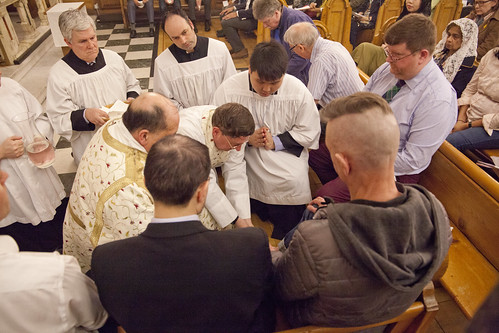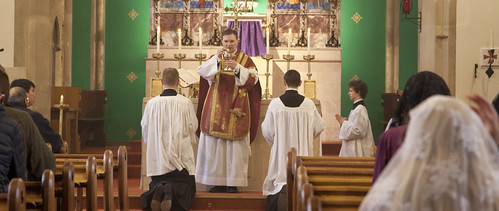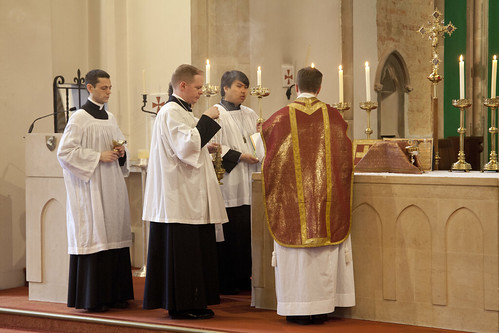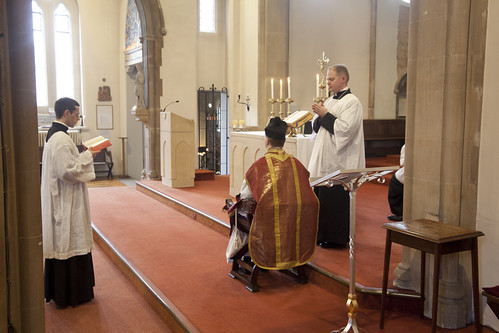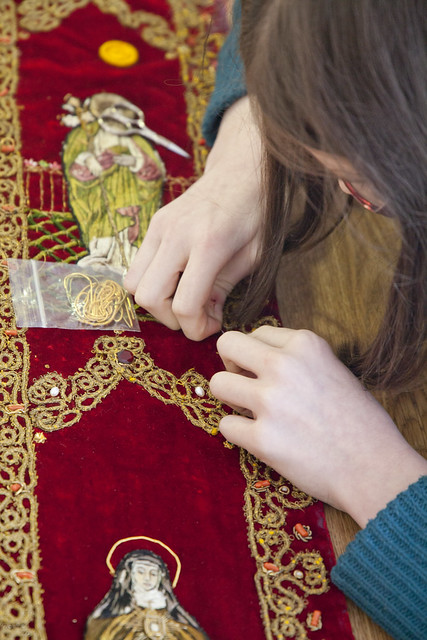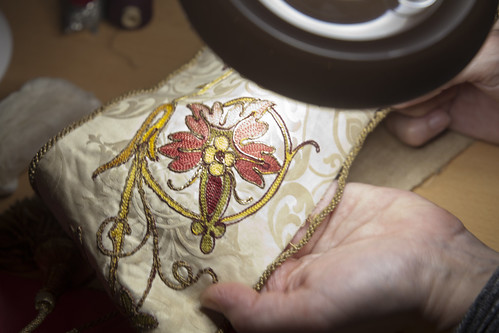I'm putting this back to the top of my blog since there is now a
petition open in support of this priest. Sadly, his bishop's response to the investigation has been to remove the priest from the parish, and his future is now uncertain.
See also this
Facebook page.
A recent LifeSite article by me. It begins:
A
curious letter is doing the rounds on social media. It is from a parishioner of a Catholic church in Tasmania, Australia, in the small diocese of Hobart, addressed to the young, recently arrived parish priest. Maureen—for that is her name—notes that people have spat at Fr. Nicholas Rynne, and been unwelcoming to him. Far from condemning this behavior, however, she endorses it. Her criticisms are that he has started a Traditional Latin Sunday Mass in the parish, in addition to the two Ordinary Form celebrations, and that he wears clerical dress (read full letter below).
It is not that she is obliged to attend this newly established Mass, or that clerical dress harms her in some direct way—how could it?. Rather, they represent the old days, the old beliefs and practices of the Church, and these fill her with rage. She claims to remember these, which suggests she is of the older generation.
It is possible that Maureen suffered personally from priests of the pre-1965 era (when Mass was still always in Latin): she mentions clerical sex abuse as an issue, although it is evident that translating Mass into the vernacular was not enough to solve that problem. In any case, bad experiences from that era can hardly be blamed on a priest who must be young enough to be her son, if not her grandson. And she can hardly imagine this young man is singlehandedly going to bring back the schools, convents, orphanages and other institutions of the distant past, simply by wearing a clerical collar. No, her reaction is irrational. By the same token, it is doubtless sincere.
Continue reading.
 Corrected time: 7pm (door open at 6:30pm)
Corrected time: 7pm (door open at 6:30pm)